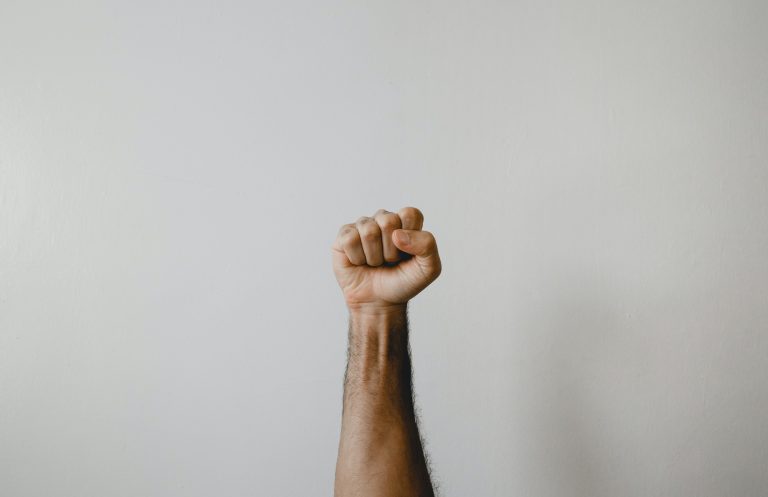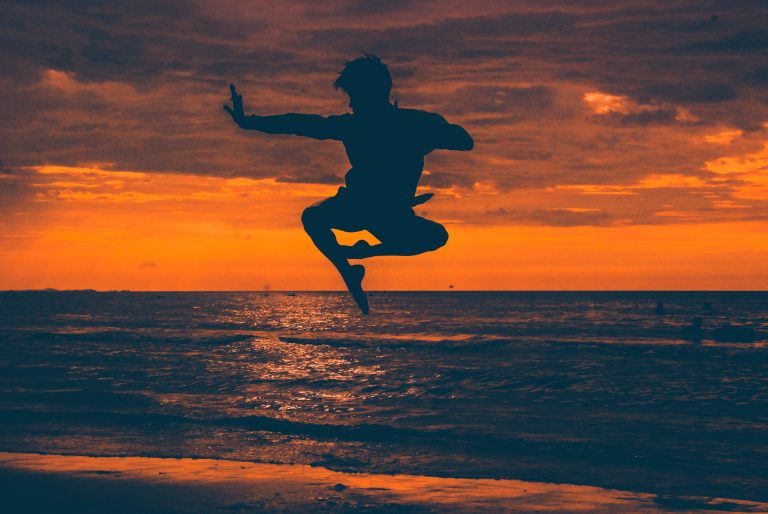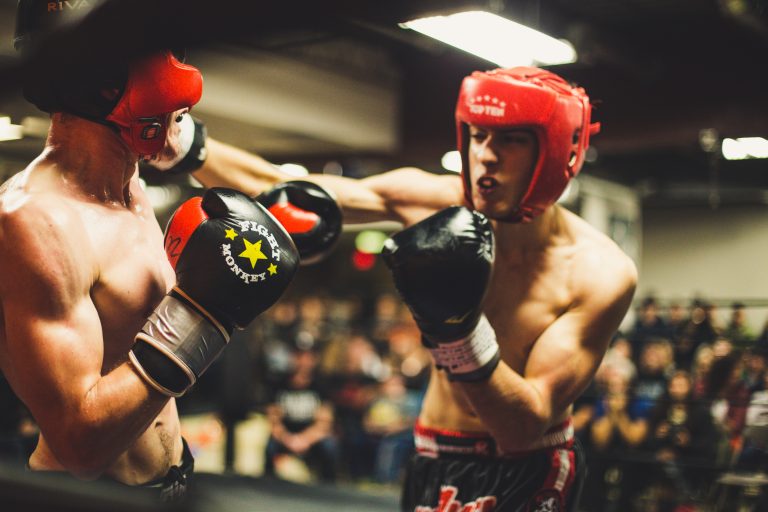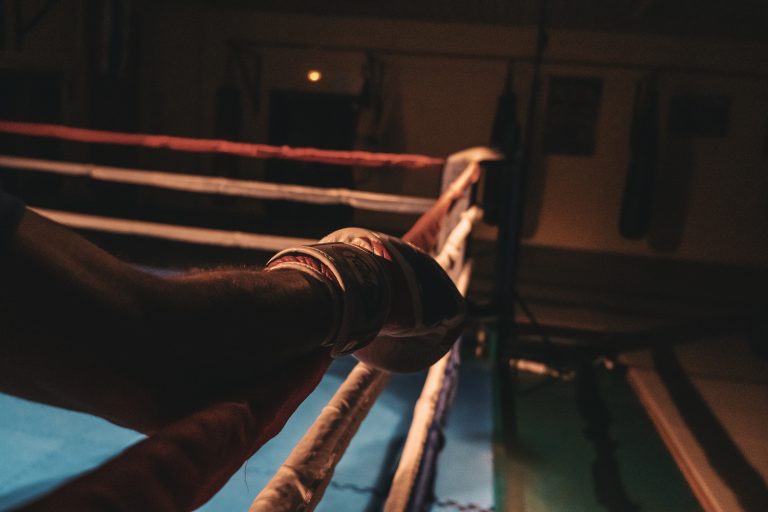Why Learning Karate Is Important: Benefits and Reasons
Karate is a form of martial arts that originated in Okinawa, Japan. It is not only a physical activity but also a way of life. Karate is not just about self-defense, but also about developing a person’s mind, body, and spirit. Many people all around the world practice Karate because of its many benefits. In this article, we’ll explore the reasons why learning Karate is important and its benefits.
1. Self-defense skills
One of the primary reasons people start learning Karate is to learn self-defense skills. Karate techniques are designed to be practical and effective in real-life situations. When you learn Karate, you will learn how to defend yourself from attacks and how to use different parts of your body to strike your attacker.
Karate also teaches you how to use your body weight in a fight, how to hit pressure points, and how to use throws and locks to neutralize an attacker. Self-defense techniques can give you the confidence and peace of mind to face any dangerous situation.
2. Improved Physical Fitness
Karate is a great way to improve your physical fitness. Practicing Karate can help you improve your strength, flexibility, and cardiovascular fitness. Many Karate techniques require a lot of movement, which can help you burn calories and build muscle.
Moreover, practicing Karate can also help improve balance, coordination, and reflexes. This is particularly true for younger practitioners who are still developing these skills.
3. Mental Health Benefits
Karate is not just about physical movement, but it also involves mental training. Practicing Karate can help improve focus, discipline, and concentration. It can also help reduce stress, anxiety, and depression.
When you practice Karate, you learn how to control your breathing, which can help reduce your stress levels. Additionally, Karate training can help improve your self-esteem and confidence, which can have a positive impact on your mental health.
4. Personal Development
Karate is a lifelong journey. It is not just a sport or fitness activity. It is a way of life that can help you develop as a person. Karate teaches you about respect, humility, and honor. It also teaches you how to be patient, focused, and goal-oriented.
Karate can help you develop self-discipline and self-control. It can also help you learn how to set and achieve goals, which can be beneficial in all areas of your life. The lessons you learn in Karate can help you become a better person both on and off the mat.
5. Cultural Experience
Finally, learning Karate can be an excellent way to experience different cultures. Karate originated in Japan, but it has spread all around the world. Practicing Karate can expose you to different traditions, beliefs, and values.
Karate schools and clubs also provide a diverse community where you can meet people from different backgrounds and cultures. Practicing Karate can teach you about diversity, acceptance, and the importance of different perspectives.
FAQs About Why Learning Karate Is Important
Karate is a popular form of martial arts that originated in Okinawa, Japan. It has been practiced for centuries and has become a popular sport and fitness activity around the world. Many people are interested in learning karate but may have questions about why it is important. In this post, we will answer some of the most frequently asked questions about why learning karate is important.
1. What are the benefits of learning karate?
There are numerous benefits to learning karate. It can help to improve your physical fitness, increase your strength and flexibility, boost your confidence and self-esteem, and teach you valuable self-defense skills. Karate can also help to relieve stress and anxiety, and provide a sense of community and belonging through training in a group.
2. Is karate a good workout?
Yes, karate is an excellent form of exercise. It involves a combination of strength training, cardio, and agility work, which can help to build lean muscle and endurance. Additionally, karate training can help to improve your mental focus and concentration, which can translate to other areas of life.
3. Can learning karate help with self-defense?
Yes, learning karate can be an effective way to learn self-defense skills. Karate training involves learning how to block, strike, and kick, as well as how to defend against an attacker. These skills can be applied in real-life situations to protect yourself or others.
4. Is karate only for kids?
No, karate is not only for kids. While it is a popular activity for children, karate can be practiced by people of all ages and abilities. In fact, many adults benefit from the physical and mental benefits of karate training, as well as the sense of community and the opportunity to learn self-defense skills.
5. Do I have to be fit to start learning karate?
No, you do not have to be fit to start learning karate. Karate training can be adapted to your individual fitness level and goals, and instructors can modify exercises or techniques to accommodate any physical limitations or injuries. However, it is important to speak with your doctor before starting any new exercise program.
6. Is karate expensive?
The cost of karate training can vary depending on the school or instructor, as well as the level of training you are interested in. Some schools may offer introductory classes or trial periods at a discounted rate. It is important to do your research and choose a program that fits your budget and goals.
7. Is karate a competitive sport?
Yes, karate can be a competitive sport. There are many karate tournaments and competitions held around the world, which bring together practitioners of different styles and skill levels. However, competition is not the primary focus of karate training, and many practitioners choose to focus on the physical and mental benefits of the practice instead.
8. Can karate help with mental health?
Yes, karate can be beneficial for mental health. The practice of karate involves mindfulness and meditation, which can help to reduce stress and anxiety. Additionally, the physical activity and sense of community can help to improve mood and provide a sense of purpose and accomplishment.
9. How long does it take to become proficient in karate?
The time it takes to become proficient in karate can vary depending on the individual’s natural abilities, the level of training, and the frequency of practice. Some practitioners may start to see improvements in physical fitness and mental focus after just a few lessons, while others may take several years to achieve proficiency in the techniques and forms of karate.
10. How can I get started with learning karate?
The best way to get started with learning karate is to do your research and find a reputable school or instructor in your area. Look for programs that offer introductory classes or trial periods, and make sure to speak with the instructor to ensure that their teaching style and philosophy aligns with your goals and values. Additionally, it can be helpful to speak with other practitioners or read reviews online to get a sense of the community and culture of the program.
In conclusion, learning karate can offer numerous physical and mental health benefits, as well as teach valuable self-defense skills. Whether you are interested in improving your fitness, boosting your confidence, or learning new skills, karate can be a valuable practice for people of all ages and abilities.
How to Learn Karate: A Step-By-Step Guide
Karate is a martial art that originated in Okinawa, Japan. It is a discipline that emphasizes physical strength, mental focus, and a strict code of conduct. Learning karate can be a challenging but fulfilling experience that can help you improve your overall physical and mental well-being. In this article, we’ll provide you with a step-by-step guide on how to learn karate.
Step 1: Find a Karate School
The first step to learning karate is to find a reputable karate school in your area. Do your research, read reviews, and ask for recommendations from friends and family. Make sure to choose a school that is accredited by a recognized karate organization. Once you have found a suitable school, you can enroll in classes.
Step 2: Attend Karate Classes Regularly
Karate classes typically meet a few times a week, and it’s important to attend regularly. Consistency is key to mastering the techniques and building your physical and mental endurance.
During your first few classes, you will learn the basics of karate, including stances, kicks, punches, and blocks. These fundamentals will form the foundation of your karate practice, so it’s important to master them before moving on to more advanced techniques.
Step 3: Practice Outside of Class
Karate is not just about what happens in the dojo; it’s a way of life. Practicing outside of class is essential to improving your skills and becoming a better karateka. Set aside time each day to practice your techniques, work on your conditioning, and meditate to improve your focus and mental clarity.
Step 4: Progress Through the Ranks
In karate, students progress through ranks based on their skill level. As you improve your techniques and knowledge, you will earn colored belts that signify your mastery of the art. Keep in mind that progress is not always linear, and each student will have their unique pace. Celebrate your milestones along the way, big and small.
Step 5: Live the Karate Lifestyle
Karate is not just a physical practice; it’s a way of life. Embrace the values of discipline, respect, and humility that are integral to the karate culture. Live these principles in your everyday life, and strive to be an excellent role model for others.
Conclusion
Learning karate is more than just learning techniques; it’s a journey that can help you become a stronger, more disciplined, and focused person. Follow this step-by-step guide to embark on your karate journey and discover the many rewards of this ancient martial art.
Inhaltsverzeichnis






